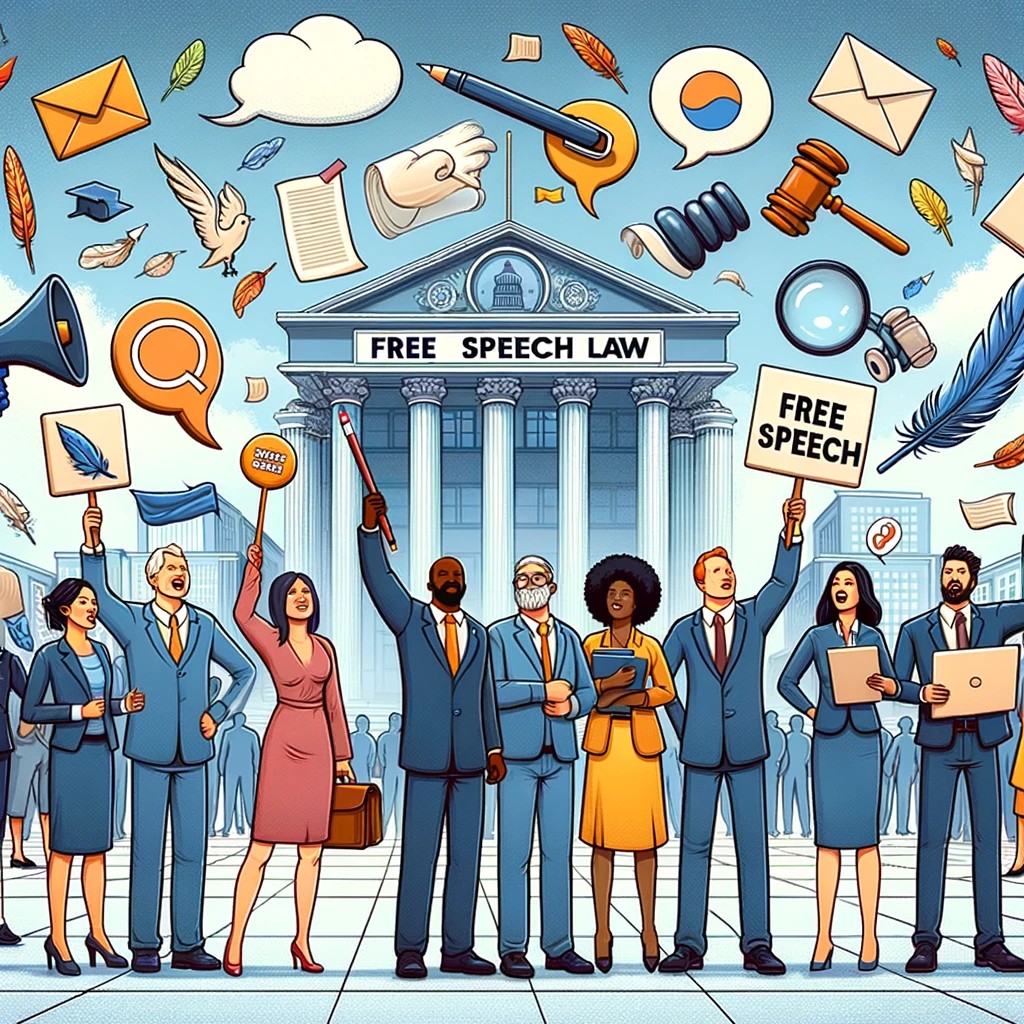Cultural property law and the internet
Cultural property law is a branch of law that deals with the legal protection and regulation of cultural heritage, such as artifacts, artworks, monuments, sites, traditions, or expressions. Cultural heritage is considered to be of value and importance for the identity, history, and diversity of humanity. (more…)
